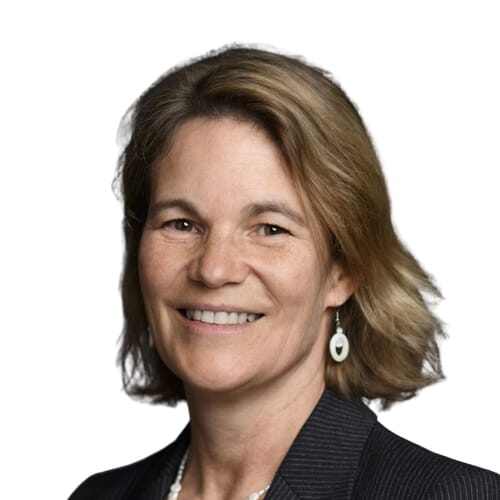The world is significantly off track in meeting the objectives of the Paris Agreement. According to S&P Global Commodity Insights, current national commitments would only reduce emissions by 10% by 2030 instead of the needed 43% cut. The Global South – India, Africa, and other emerging markets are projected to experience continued emissions growth in the foreseeable future. This fosters a skewed global narrative that needs to be rebalanced.
It is a challenging road ahead for countries like India as policymakers, industry and investors navigate this energy transition. A linear transition to net zero overlooks the complexities of economic development, poverty alleviation, energy security and affordability.
In this roundtable, we will assemble a group of experts from governments, agencies, climate technologists, multi-laterals, and institutional investors from India, ASEAN, and Europe.
Key Discussion Points:
1. Standards & reporting: What specific standards and reporting mechanisms are necessary to ensure that countries in the Global South can effectively track and communicate their progress towards climate commitments, while also addressing the unique challenges of economic development and energy security?
2. Bankability of projects: How can financial institutions and investors enhance the bankability of climate-related projects in the Global South, considering the complexities of local economic conditions and the need for sustainable development?
3. The role of multilateral organisations: How can multilateral organisations support the Global South to overcome barriers to climate action, including the development of infrastructure, capacity building, and facilitating access to financing for climate initiatives?
At Point Zero Forum 2024, the roundtable on "The Climate Data: Interoperability, access, and verification to track and finance net zero", identified key challenges including the absence of regional platforms, the lack of standardised data formats, data scarcity, and the difficulties in collecting upstream data. The roundtable discussion further emphasised that sustainability represents a business opportunity for financial institutions. The integration of sustainability principles and strategies can create synergies that not only provide a competitive advantage but also foster a positive impact on the environment. Read insights from the roundtable here.
Participants interested in the topic may enjoy the following reference materials:
Getting India to Net Zero
Connecting Domestic Savings to Climate
Foot on the Gas Southeast Asia Needs to Pump the Brakes on LNG
China Coal Action Plan Offers Roadmap for Coal Phase Out
In partnership with IIM Alumni SG
GFTN Insights
Roundtable Room 3, Sands Expo & Convention Centre, Level 4














